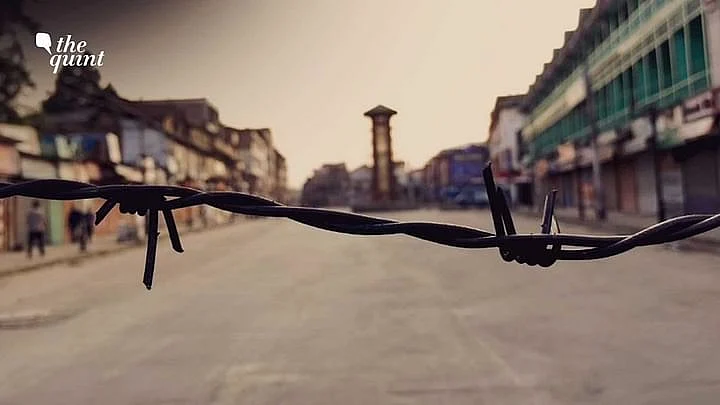The Supreme Court on Monday, 12 September, refused to allow the exhumation of the body of Amir Magrey, one of the four people killed in an encounter in Jammu and Kashmir's Hyderpora last year.
Magrey's father had moved the court, urging it to allow his son's body to be exhumed so that he could conduct last rites as per the family's customs and traditions.
However, a bench comprising Justices Surya Kant and JB Pardiwala said that there was no evidence to prove that Magrey had not been given a decent burial.
"Right to dignity is also available to a dead for his body. We expressed sentiments of appellant. Court of law cannot decide such cases keeping in mind sentiments but only rule of law," the bench stated, as per Bar and Bench.
'Body in the Custody of Law': SC
The court also said that once a body has been buried, it is considered to be in the custody of law, and that disturbing it was subject to the court's discretion.
"Sanctity of grave should be maintained. Court will not order disinter unless it is in interest of justice," the bench said.
The court had reserved its order in the case in August. The petitioner had said that the father of the deceased had, for security reasons, agreed to not have the community participate in the last rites. However, he was still entitled to conduct the last rites as per the family's beliefs.
Representing the petitioner, senior advocate Anand Grover also cited the Geneva Conventions to underline that even terrorists were entitled to religious last rites.
However, the administration of the Union Territory had submitted that the deceased was a terrorist, and that a CD was submitted to the high court which purportedly showed that Islamic last rites were performed.
In November 2021, Magrey and three other people were killed in Hyderpora in a joint operation by the J&K Police and security forces.
(With inputs from Bar and Bench.)
(At The Quint, we question everything. Play an active role in shaping our journalism by becoming a member today.)
